The Real Reason 'Rocky' Is So Great
It's difficult to think of other sports films as disinterested in sports as this one is, so what can screenwriters learn from that?
While Rocky (1976) is obviously a sports film, I can’t think of many sports films as disinterested as it is with the actual sport at the center of it. In this case, boxing. This might seem like a criticism, but it’s really not, at least not in my book. By taking a moment to explore the screenplay’s disinterest, I hope to help you understand one of the core reasons why I believe the film became such a hit and remains so iconic today.
Perhaps the best place to start is by pointing out that Rocky is just shy of two hours long with credits, but the titular character, Rocky Balboa (Sylvester Stallone), doesn’t even start training for his big fight with Apollo Creed (Carl Weathers) until 71 minutes into the film. Rather, Rocky spends — some might say meanders through — most of its screen time before this climatic confrontation focused instead on four characters with no sense of self-worth, a quiet, sweet, borderline stalker romance between Rocky and Adrian Pennino (Talia Shire), and Rocky’s struggle to overcome his instinct to remain the loser everyone but Adrian (including even himself ) thinks he is.
Next, consider the pace of Rocky’s script — also written by Stallone — which, like Rocky, lacks energy until its midpoint. It’s more observational than propulsive, the opposite of what you would expect from a sports film. It doesn’t seem to be building to much of anything, in fact, the business decisions leading to the big fight play out almost entirely in the film’s background.
While I personally love what director John G. Avildsen ultimately accomplishes with this crawling-into-a-sprint pace — something like “Italian neorealism meets the American sports epic” — it’s fair to say things are only just starting to happen in Rocky’s life when we first meet him and his character transformation only really takes off when Creed, in a deus ex machina play, offers him the opportunity of a lifetime late in the film. Rocky does nothing to bring this about, mind you, even though that’s how these sorts of sports stories typically work. That’s because Rocky is incapable of taking a shot at anything except — barely — the girl of his dreams and even then with extraordinary awkwardness (“Yo, Adrian, wanna go ice-skating?”).
But as Rocky progresses toward its Act 2 turn, as Rocky finally decides not to ignore the call the action that’s the offer to fight Creed, and then follows that up with additional decisions — which increasingly feel natural to him — the film’s pace quickens until it almost begins to feel like a real sports film.
Almost.
One example of this pace’s increasing clip is that Mickey (Burgess Meredith), Rocky’s broken-down old trainer, only spends maybe three minutes onscreen actually training him. A single training montage proves more dynamic, moving quickly just like the narrative now (with Bill Conti’s wonderful score helping out).
By the way, you probably remember Rocky training for a lot more than this — after all, they built a statue of him in real life where the character dramatically climbed the Philadelphia Museum of Art’s steps — but, again, sports is an afterthought in this sports film. We often remember what films made us feel, not what really happened in the films themselves. Emotional memories are powerful stuff.
Then, we get to the climactic Act 3 match between Rocky and Creed. No more Italian neorealism here. We crash land in an American sports film as we understand it - and the film doesn’t let up for a second from there.
The fight itself is fifteen rounds, but only two of these are presented in real time. Another eleven are summed up in another blurred, dynamic montage. The final two hurtle past you, until the bell rings, ding-ding-ding, and Creed — holding a bloodied Rocky up, like Rocky is holding his opponent’s broken body up by this point — declares there won’t be a rematch. Rocky replies in-between hungry gasps for air that he wouldn’t want one…because, thematically, it was never about winning for his character.
Just beautiful.
See, that’s what makes Rocky such a great “sports film”. It’s about the characters, not winning the metaphorical trophy. It’s about the human obstacles, not the physical and/or plot ones neatly contrived to provide drama. In fact, not one character in the film makes a decision for anything other than deeply personal ones. Rocky finds his self-worth and Apollo Creed finds humility. Meanwhile, audiences find plenty of reasons to both ache, cry, and cheer their asses off.
You can read the screenplay for Rocky here.
If this article added anything to your life but you’re not up for a paid subscription, consider buying me a “coffee” so I can keep as much of this newsletter free as possible for the dreamers who couldn’t afford it otherwise.
If you enjoyed this particular article, these other three might also prove of interest to you:




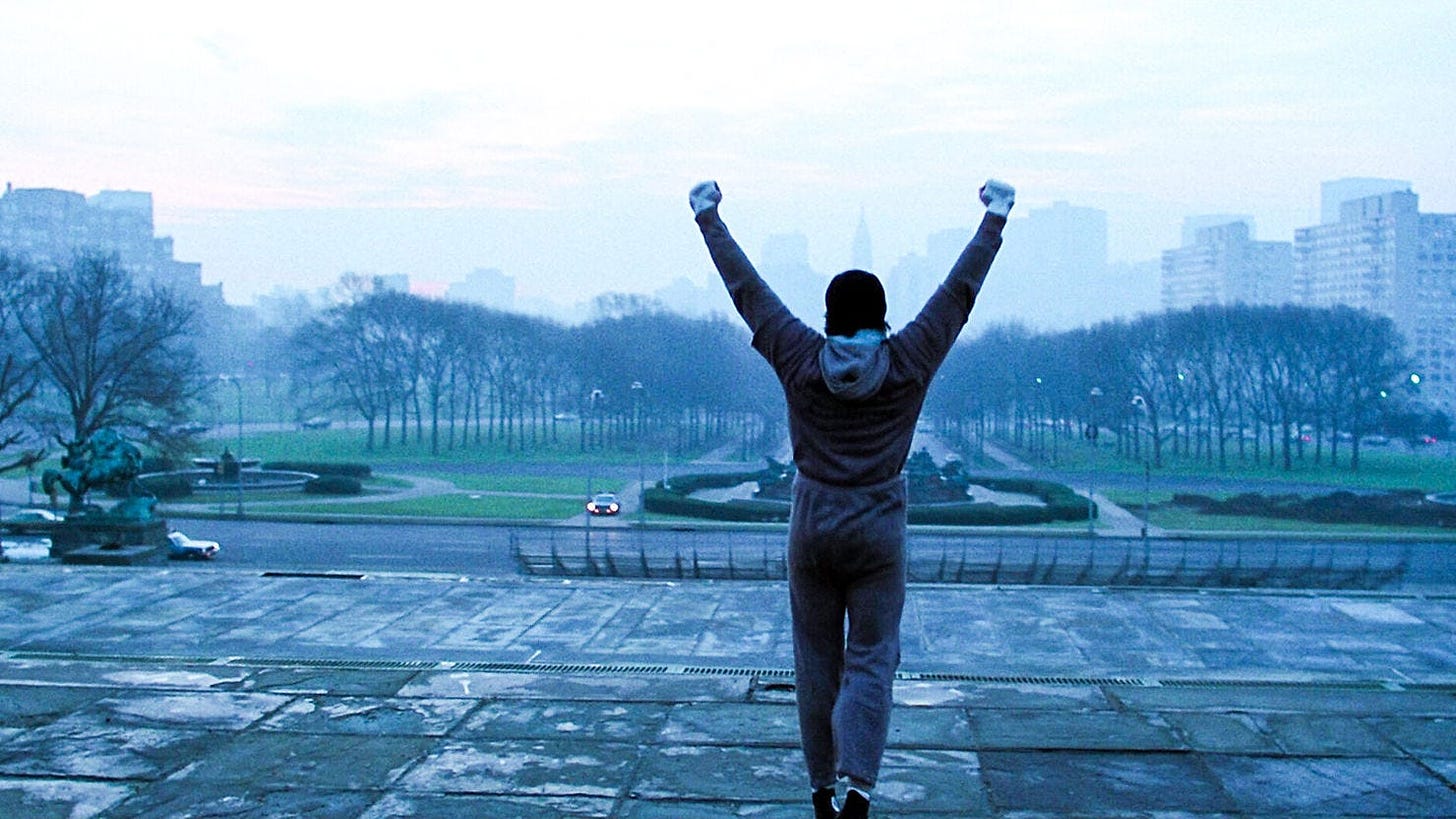
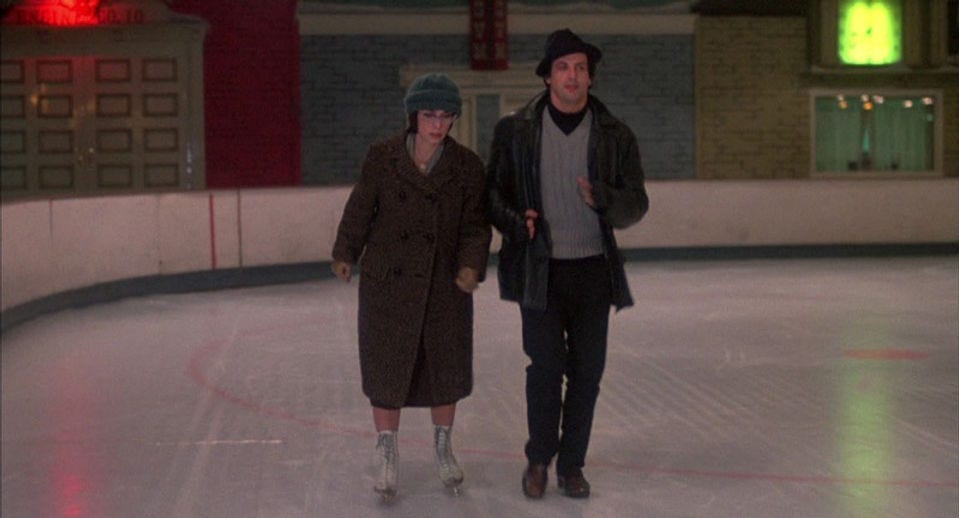
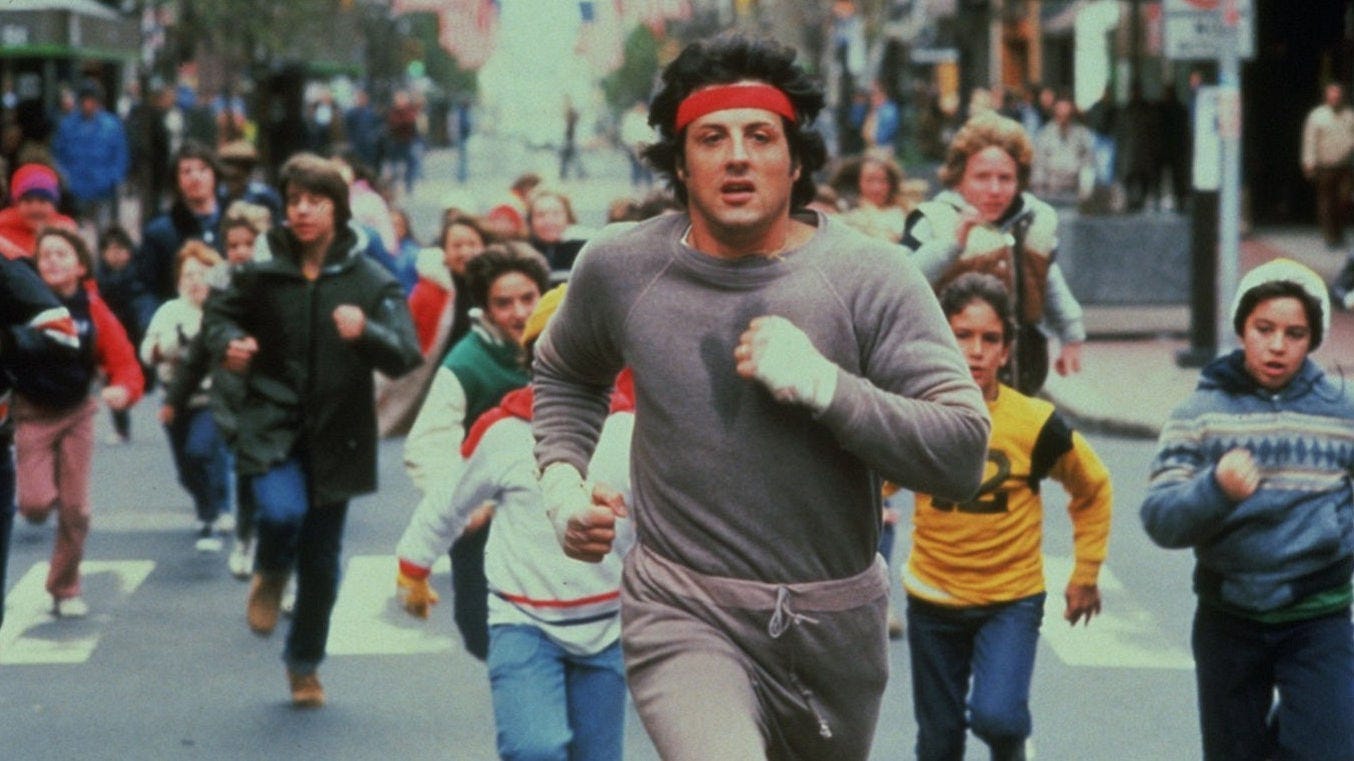
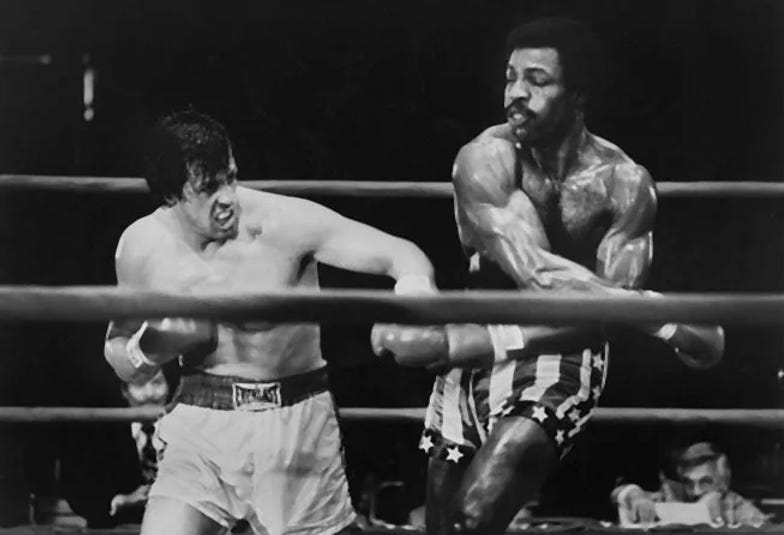
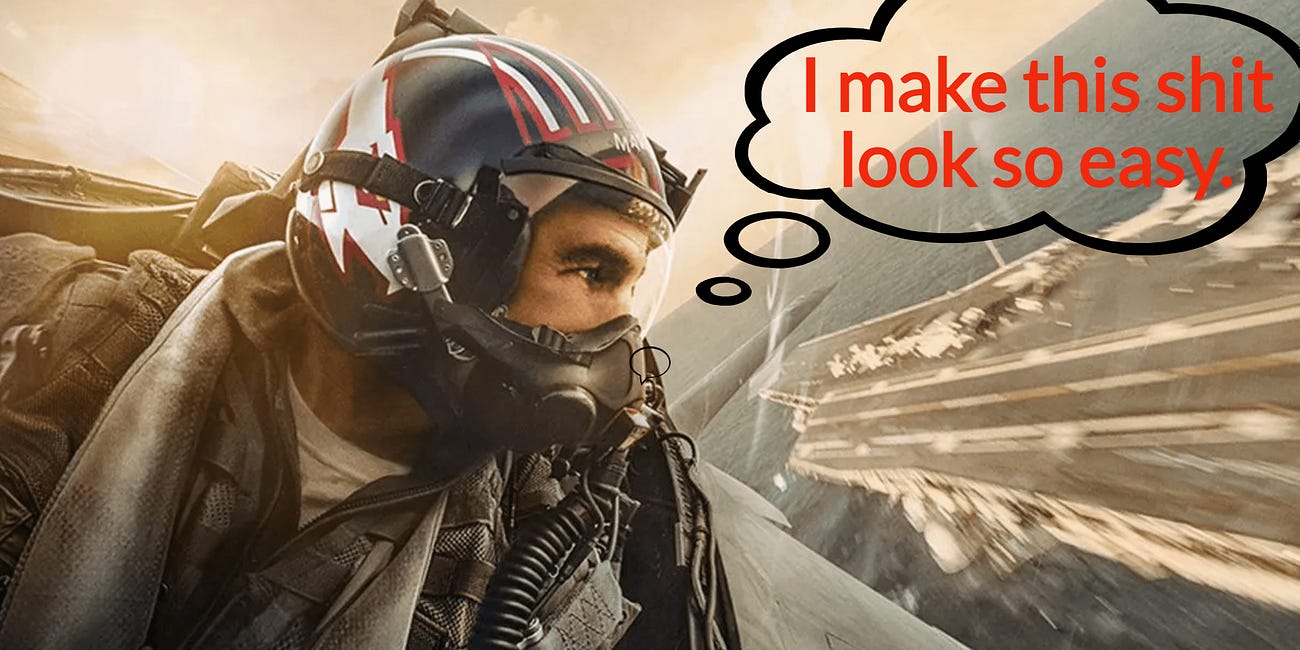

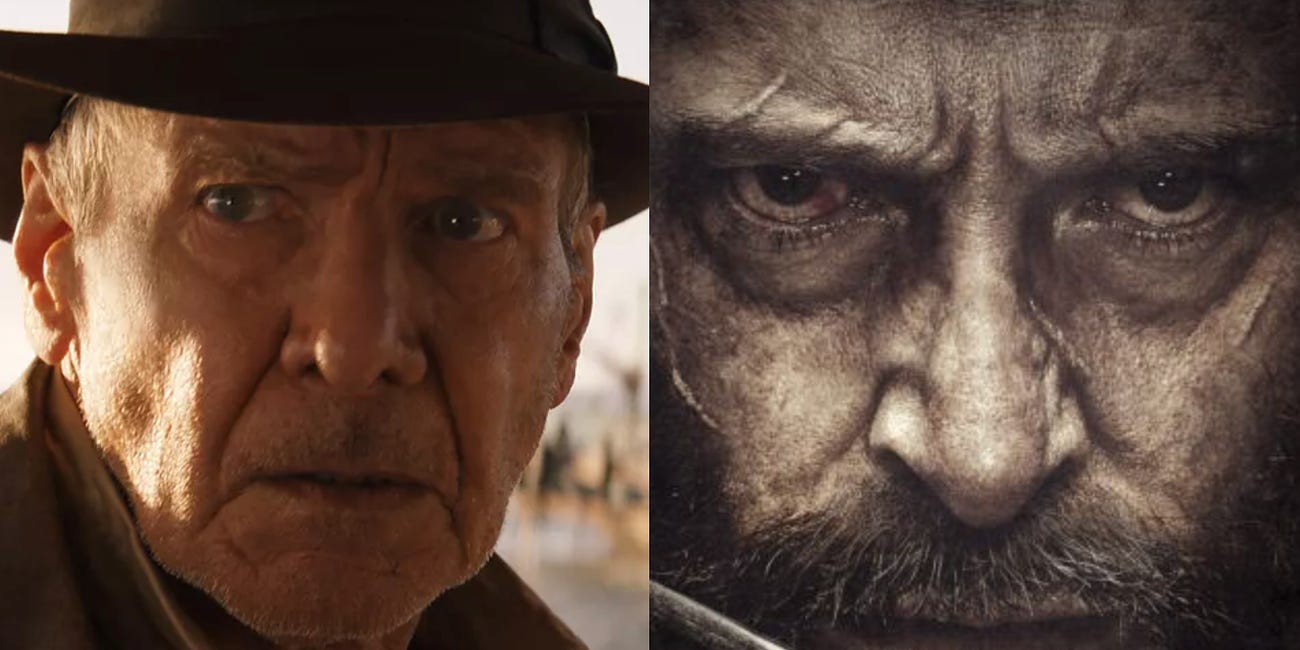
I remember coming out of a small town cinema, the 'Rex' in Haslemere, Surrey, in short trousers, probably a bit sticky from melted ice cream that was a big treat at that age, throwing punches into sudden bright daylight after the long matinée darkness.
Aged eight, I had never given boxing a second thought. Suddenly, I wanted to feel pain, inflict it, and be bloodied and unbowed. And it wasn't about the boxing. It was just a brilliant film.
It may sound clichéd, but I used to run up the cathedral steps in our town in my thirties with the theme in my head. My kids remember dad and Guildford's 'Rocky Steps'. And that feeling of throwing punches into space as an eight year old has been a part of my life ever since.
I just read that Rocky has been reclassified as a 12A - which would have prevented me seeing it in 1977, and may have changed everything.
Thanks for posting, Cole.
Love this Cole. I wrote a sports underdog movie a few years back and watched (or in some cases rewatched) a lot of sports films to inspire and inform me. You're so right about the non-sport emotional elements being the key ones. That's what makes the victory on the field (or in the ring!) powerful and meaningful: knowing what the character has been through to get there, and not just - indeed not mostly - in terms of their training.
I noticed (doing my research!) that boxing, baseball, basketball and horseracing seem to be the top sports of choice for sports movies. Do you think that's because there's somethig inherent in those sports that lends itself to films? Or is it just because they're popular US sports (and ofc many if not most are based on true stories)?! I heard someone say once that football (as in: soccer) is really hard to portray on film, and that's why - or at least partly why - there are so few soccer movies. But of course it could just be that Americans are less into soccer...?! Would love to know your thoughts! :)